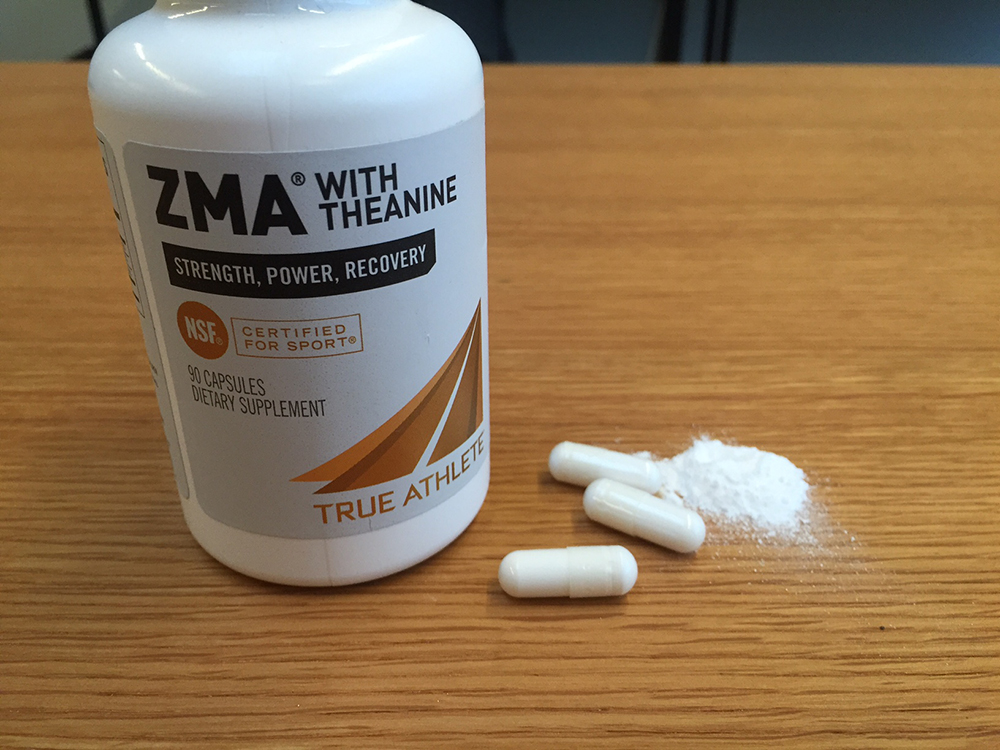Theanine is one of the more common ingredients I see in sleep supplements: It’s in everything from New Mood (a personal favorite of mine from Onnit) to my favorite blend of ZMA (though many ZMA blends exist without theanine). While both theanine and threonine are amino acids, theanine (usually seen as l-theanine) is better known for its relaxing properties without being sedative.
I like to think of it as a “calming” amino acid that compliments some of the other compounds that boost my relaxation and rest. For me, it’s been an effective compliment to several sleep supplement stacks and combinations. It’s also something I’ve had success pairing with magnesium for a relaxing pre-bedtime sleep stack.
Like theanine, threonine is an amino acid, one you’ve probably eaten today — it exists in high quantities in some meat, eggs, dairy, and leafy greens. Threonine is necessary for the formation of healthy muscle tissue, as well as nervous system and liver function, throughout the body. In contrast, theanine is a non-dietary/non-essential amino acid; there won’t be negative consequences if you don’t get enough of it in your diet.
However, we don’t see threonine (normally l-threonine) as a supplement as commonly because most people get enough of it in their diets. This may not be true for everyone — including some vegans/vegetarians — but it’s simply not that common of a sleep supplement ingredient, at least from what I’ve seen.
Though perhaps less common than theanine supplementation, threonine supplements and medicines DO exist; they’re often used in the treatment of some digestion issues, as well as for anxiety and depression. If you think you may have a medical condition or are experiencing depression, your best bet is to reach out to a healthcare practitioner; sleep supplements are great for aiding and enhancing rest, but they won’t cure anxiety, depression, or other ailments with a few quick pills.
The post Theanine vs Threonine: What You Need to Know appeared first on Supplement Your Sleep.



No comments:
Post a Comment